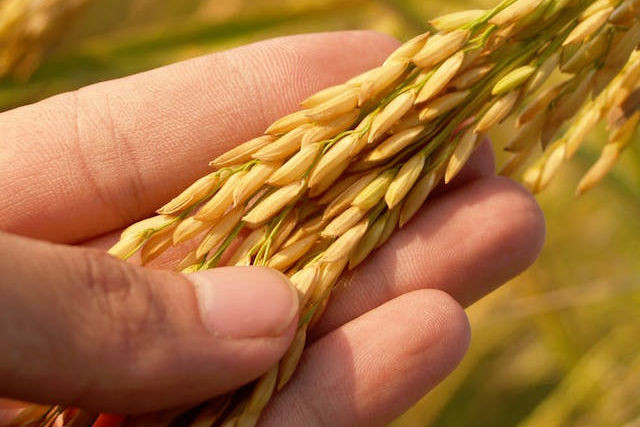Jess Bauldry: What is Transition Days?
Norry Schneider: It’s a new event. Our ambition is to make it yearly, with a new subject each year. The idea is to bring together people from different backgrounds: interested citizens but also professionals. It’s a mix of a festival, where people who enjoy things can see and teach and be inspired, and a platform, where people can exchange ideas and find ways to form coalitions together. For instance, by having urban planners and gardeners come and debate how to design the city of the future.
What specifically is it about food and agriculture you plan to focus on?
We have food safety, with people caring about their health, who don’t work in the industry. Then you’ve food security, farming on a global scale and ensuring that no-one starves. What is slightly different but connected to everything going through in the food sector is the term food sovereignty. It includes all of it. Movements which care about resources, knowledge and so on. You have the choice about your food. The power that goes through the food sector is in the hands of the people and the families. So, the sovereignty for us is an important issue that links it all together.

Photo:Cell. Image from one of Cell's Piazza Verde event
What can people expect to see?
I would say there are two parts: Friday is more about the content. It’s directed at people active in the field, like professionals. But it’s open to the public. If people are OK to take the afternoon off work, they are welcome to come and participate, because it should be a citizen thing too. Saturday will be more for people to come with their families, take workshops and be inspired. But, both days will be for the larger public.
Who is involved?
In terms of partners, there a number from the more familiar NGOs and societies, there are new kinds of movements and networks of communes and local authorities. Then there’s the private sector, including private companies working on food waste, and research institutions. Our main partner is the ministry of the environment and Oeuvre. I think in terms of partners we’re trying to build something that reflects the diversity of people we want to have in the room.
Why this topical and why now?
The appropriate moment to do something is always now. We feel the challenge of food is the most pressing. Because we can see that on other subjects we like to work on, like renewable energy, a lot of things are in the process of being done. In terms of food, there are lots of things in place but the glue between them is still missing. We don’t explicitly have a political message. We don’t address the government as such. But being more than 20 actors in different sectors we believe we can have a lot of power, because we have the community to build up and follow a committed action plan.
